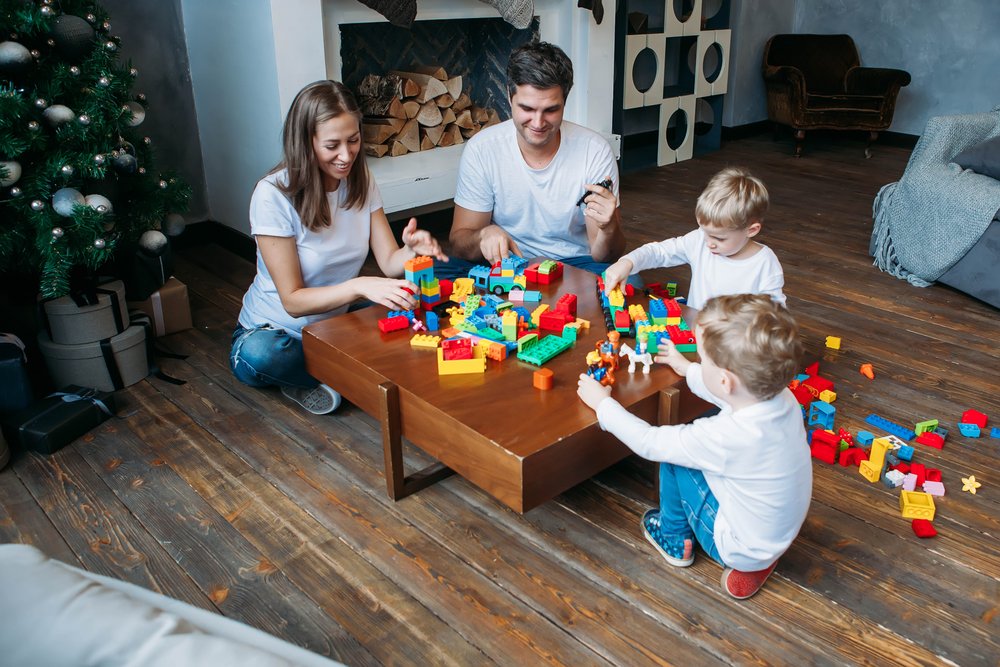Key points:
1. Play is essential for a child’s development, fostering exploration, learning, creativity, and social interaction.
2. When playing with your child, follow their lead, be patient, and pay attention to their cues, as they may not always express themselves verbally.
3. Ensure a suitable physical environment for play, considering safety and the type of activity.
4. Embrace repetition in play, as it helps your child practice skills and continue learning as they grow.
It’s well known that play is crucial for the development of babies and toddlers. It’s how they explore and learn new things about the world, acquire new skills, practice their creativity, and experience social interactions. Here are a few tips for you to get the most out of this time of the day!
• Follow your little one’s lead when playing. Don’t worry if they don’t use a certain toy the way it’s supposed to be used, let them explore and teach you new ways to have fun.
• Be patient. Show your little one how the toys work, but let them have their time handling them. Provide just enough help, but don’t do everything for them, even if it takes them more time to complete challenges.
• Pay attention to your little one’s cues. Because they’re still developing language skills and self-control, they might not always know how to say what they want or how to react when they’re frustrated. But if you pay attention and read their signals, you could jump in before they get overly upset. These signals could be anything from sounds to facial expressions and gestures.
• Choose a suitable physical environment. Make sure your little one has a safe space to play, where they are not too distracted but have enough stimuli to explore. Also, take into account the type of activity you’re doing. For example, if you’re playing ball, you’ll need a different space than if you’re painting.
• Indulge your little one in repetition. Although it may be a little tiring for you, playing the same game or with the same toy over and over again is exciting for your child. Plus, repetition allows them to practice and acquire new skills, so that later on they can take on new challenges and continue learning.
At first, your little one might just bring everything they can to their mouth, look at things, and maybe start grasping or reaching for them, but then you’ll see that they use advanced physical skills to play, thinks more about how things work, and has fun with sounds. Before you know it, they’ll have friends to play with, they’ll use their imagination, and solve problems through play. So, no matter their age, you can take this advice into account and set up play time with your little one!








